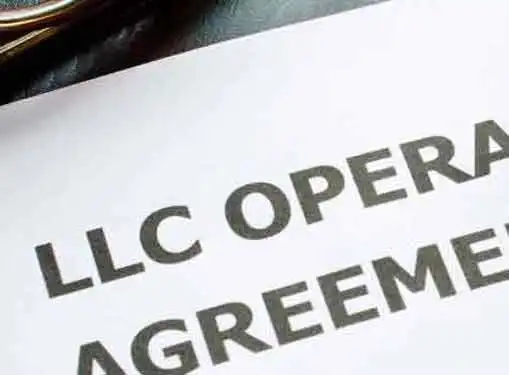LLC Tax Forms
Tax Forms to File for LLCs
LLCs are a popular organizational structure these days, but come tax time many LLC owners are mystified on which tax forms LLCs must file. We shed some light on tax forms for LLCs.
Wondering what tax forms to file for an LLC?

There are three tax forms that are most relevant to LLCs: Form1120S, Form 1165, and Schedule C.
Which tax form an LLC should file is dependent on what election the LLC has made regarding its status.
LLCs are a relatively new concept, and, accordingly, the IRS has never created a new and separate tax classification for LLCs.
As such, the IRS categorizes LLCs into one of the three business tax entity classifications that it does recognize: corporations, partnerships, or sole proprietors. Each LLC category has different LLC tax forms to file as outline below.
Tax Forms for LLCs That Elect Corporation Status
If your LLC has elected corportation status, then you need to file Form 1120 or Forms 1120S.
To be treated as a corporation, an LLC has to file a Form 8832, Entity Classification Election, and elect to be taxed as a corporation.
Tax Forms for LLCs Electing Partnership Status with 2 or More Members
If your LLC has elected to be treated as a partnership and you have two or more members, then you will need to file Form 1165, a partnership tax form.
Note that any LLC that has two or more owners will automatically be treated as a partnership unless an election is made for it to be treated as a corporation by submitting Form 8832. In other words, you do not have to explicitly register your LLC as a partnership because it is implicit if you have two or more members.
Tax Forms for LLCs With a Single Member Electing Sole Proprietorship Status
For LLCs where there is only one member and you have elected to be treated as a sole proprietorship, you will need to complete Form 1040 Schedule C.
For some businesses, income and expenses may also (or instead) need to be reported on Form 1040, Schedule E (Supplemental Income and Loss ) or Schedule F(Profit or Loss from Farming), but most LLCs will use the good old Schedule C Profit or Loss from a Business form.
From a tax perspective, when an LLC has only one member, the fact that it is an LLC is ignored or "disregarded" for the purpose of filing a federal tax return. Given that is the tax treatement for single-member LLCs, you complete the same forms that any self-employed individual would complete.
Note that the business is legally a Limited Liability Company but, for tax purposes only, the entity is treated as if it were an individual proprietorship.
Note also that if you are filing Schedule C or F, you will be subject to self-employment taxes on business earnings.
Share this article
Additional Resources for Entrepreneurs


Conversation Board
Has this helped to clarify what tax forms LLCs need to file? Any advice to share on LLC taxes? We welcome your comments, tips and advice below. Thanks!